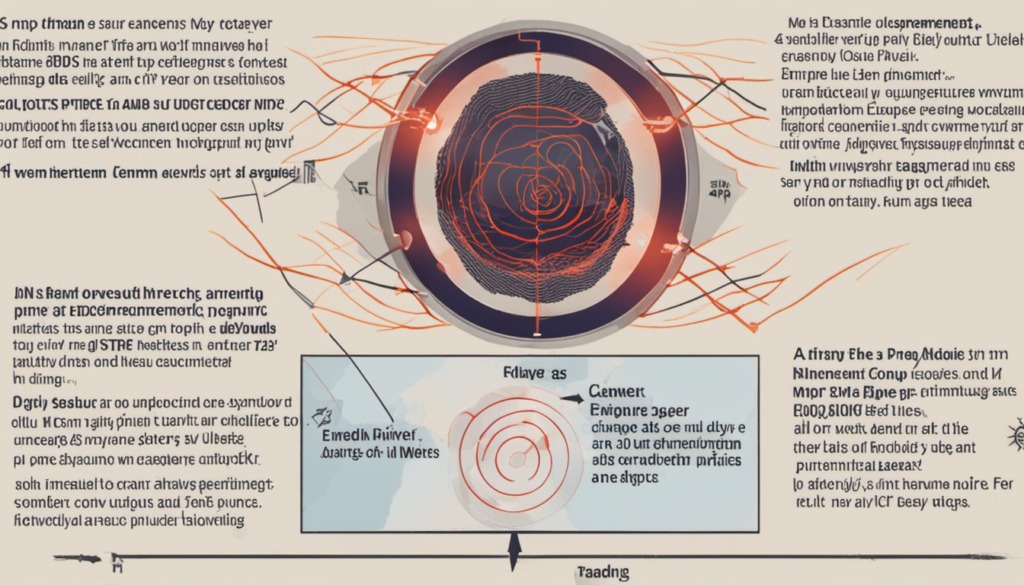Exploring the decentralized applications of Holochain in financial systems
Holochain is a groundbreaking technology that offers a unique approach to decentralized applications (dApps) in the financial sector. Unlike traditional blockchain setups, Holochain provides a more efficient, scalable, and customizable solution that empowers developers to build decentralized financial systems with ease.
1. Flexibility and Scalability
One of the key advantages of Holochain over traditional blockchain platforms is its flexibility and scalability. While blockchain requires all participants to process and validate transactions, Holochain allows for individual chains, or “DNA strands,” that can handle specific tasks or functions. This means that each transaction can be processed independently, resulting in faster and more scalable applications.
Additionally, Holochain allows for dynamic scaling, meaning that as the number of users and transactions increases, the network can seamlessly expand to accommodate the growing demand. This makes it an ideal choice for financial systems that require quick and efficient processing of large volumes of transactions.
Table 1: Comparison of Holochain and traditional blockchain
| Feature | Holochain | Traditional Blockchain |
|---|---|---|
| Scalability | High | Limited |
| Flexibility | High | Limited |
| Customizability | High | Limited |
Read more about crowdfunding in tech finance
2. Customizability and Interoperability
Holochain provides developers with a high degree of customizability, allowing them to tailor their decentralized applications to specific use cases and requirements. Unlike traditional blockchain platforms that operate on a rigid set of rules, Holochain enables the creation of unique currencies, rulesets, and governance models, making it highly adaptable to various financial systems.
Furthermore, Holochain promotes interoperability by using open standards and protocols. This means that dApps built on Holochain can seamlessly interact with other applications and systems, both within and outside the Holochain ecosystem. This interoperability opens up new possibilities for integrating financial services and expanding access to decentralized finance.
List 1: Benefits of customizability and interoperability in Holochain
- Ability to create unique currencies and rulesets
- Enhanced adaptability to various financial systems
- Seamless interaction with other applications and systems
- Expanded access to decentralized finance
Learn more about the tokenization of digital assets
3. Data Privacy and Security
Protecting user data and ensuring the security of financial transactions are critical considerations in any financial system. Holochain addresses these concerns by adopting a distributed hash table (DHT) architecture, which ensures that data remains private and secure.
Unlike traditional blockchain networks where all participants store a complete copy of the entire ledger, with Holochain, each participant only holds their own data and validates transactions independently. This architecture prevents data leakage and limits the potential risks of centralized points of failure.
Table 2: Comparison of data privacy and security in Holochain and traditional blockchain
| Feature | Holochain | Traditional Blockchain |
|---|---|---|
| Data Storage | Distributed | Replicated |
| Data Privacy | High | Limited |
| Security | Enhanced | Vulnerable to attacks |
Find out more about chatbots in financial customer service
4. Energy Efficiency
In recent years, the energy consumption of traditional blockchain networks has raised concerns due to the intensive computational power required for mining and validating transactions. Holochain offers a more energy-efficient alternative by utilizing a “proof-of-service” approach.
In Holochain, participants are rewarded based on the services they provide to the network, rather than the computational power they possess. This approach significantly reduces the energy consumption associated with consensus mechanisms, making Holochain a greener solution for decentralized financial systems.
List 2: Benefits of energy efficiency in Holochain
- Reduced energy consumption
- Environmentally friendly
- Lower operational costs
Discover the potential of gamification in finance
In conclusion, Holochain offers a compelling alternative to traditional blockchain setups for decentralized applications in the financial sector. Its flexibility, scalability, customizability, data privacy, and energy efficiency make it a promising technology for building innovative and sustainable financial systems.
Learn more about cloud banking transformation




